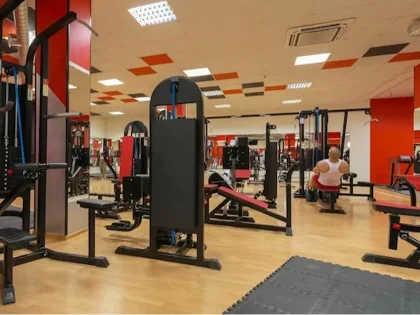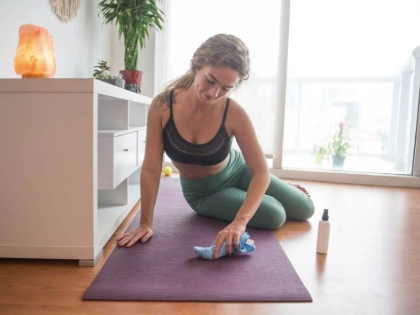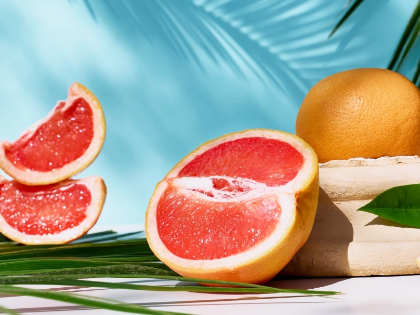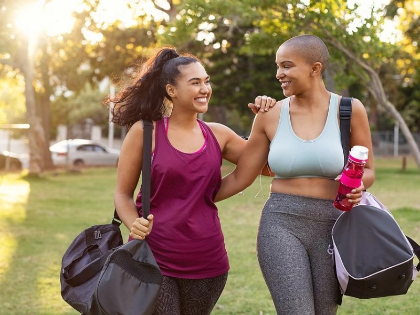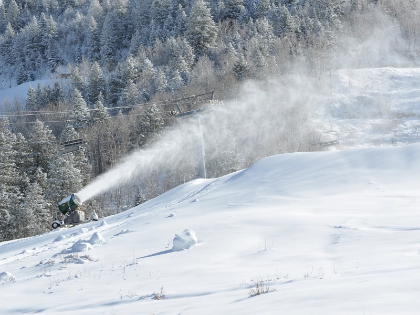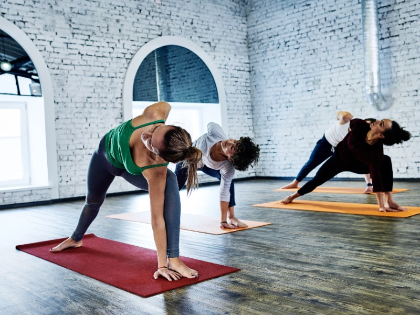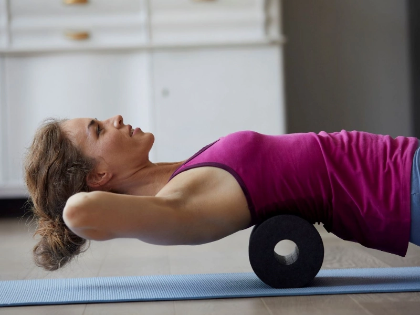Sustainable Pilates Mats: Eco-Friendly Options For Practice
Finding a mat that is both comfortable and sustainable is crucial while learning Pilates. Fortunately, plenty of choices exist that satisfy both criteria. Swap your PVC mat for a biodegradable, free of dangerous chemical natural rubber alternative. Another option is a soft jute mat that offers excellent grip even for hot workouts.
Natural Rubber Mats
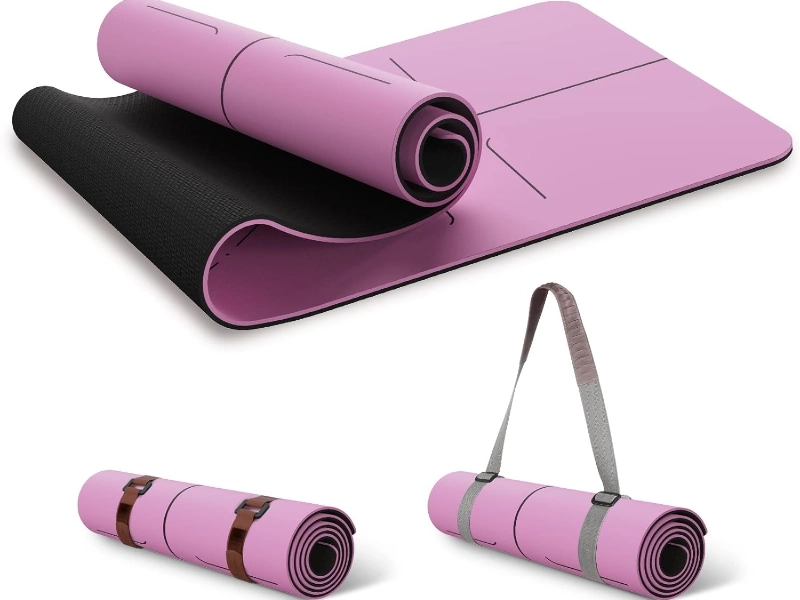
Cork Mats
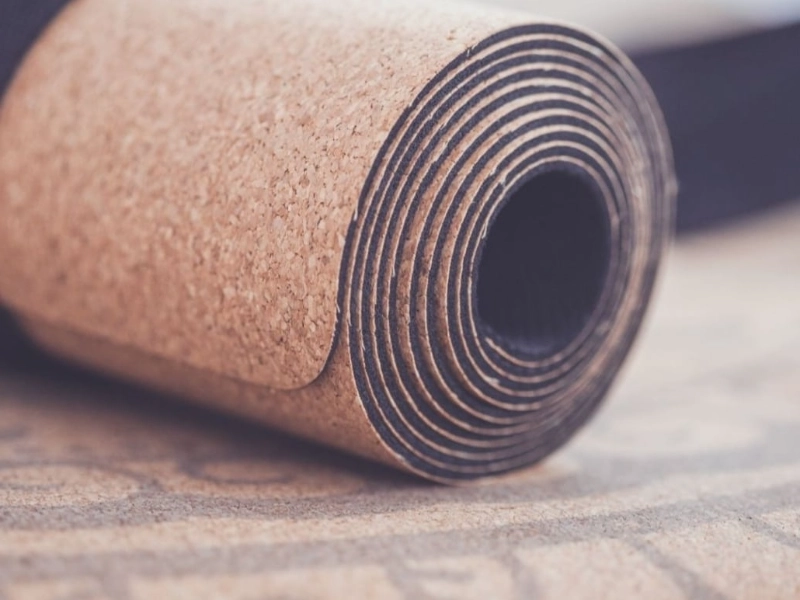 When natural cork mats are no more usable, they can be composted unlike synthetic alternatives. Harvested without downing the whole cork oak tree, this substance comes from the outer bark of that tree. Pilates mats for companies such Scoria, Manduka, and Yoloha consist of this material.
With production and transportation meant to minimise environmental impact, these mats are also energy efficient. Many also certify as fair trade to assist moral supply networks.
Jute is another quite common environmentally beneficial choice. Usually mixed with polymer environmental resin, this natural fibre creates a gripping surface ideal for hot yoga. The jute plant consumes little fertiliser and water and matures just 45 months. For people that give sustainability first importance, it is also a terrific choice since it helps to clean the air. Jute also biodegradable and compostable.
When natural cork mats are no more usable, they can be composted unlike synthetic alternatives. Harvested without downing the whole cork oak tree, this substance comes from the outer bark of that tree. Pilates mats for companies such Scoria, Manduka, and Yoloha consist of this material.
With production and transportation meant to minimise environmental impact, these mats are also energy efficient. Many also certify as fair trade to assist moral supply networks.
Jute is another quite common environmentally beneficial choice. Usually mixed with polymer environmental resin, this natural fibre creates a gripping surface ideal for hot yoga. The jute plant consumes little fertiliser and water and matures just 45 months. For people that give sustainability first importance, it is also a terrific choice since it helps to clean the air. Jute also biodegradable and compostable.
Foam Rollers
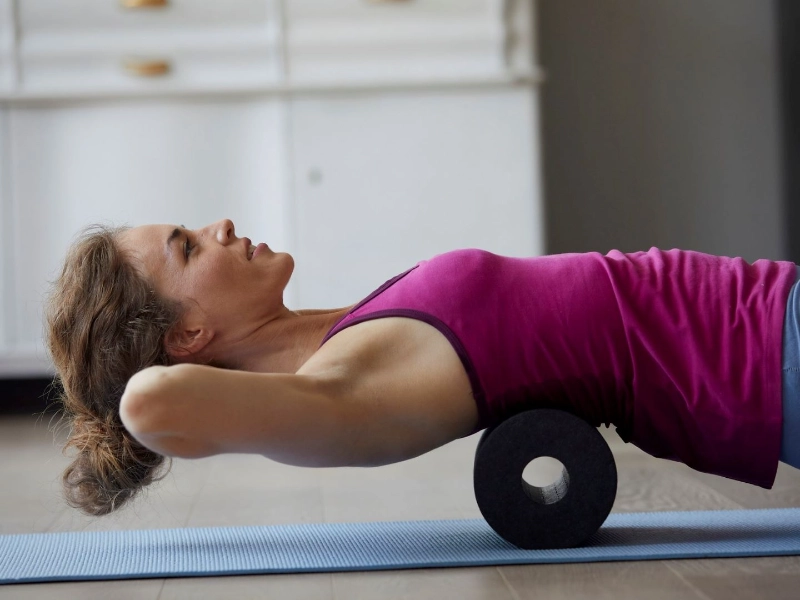 Simple cylindrical instruments called foam rollers allow you to lay on in a range of postures and provide focused pressure on particular muscle regions using your body weight. Foam rolling a DIY myofascial release treatment helps to reduce muscle tension and pain and can help to restore muscle tissue integrity for best performance.
PJ found that foam rolling complimented his clients' massages helped to more rapidly and efficiently eliminate physical restrictions and pain. Seeing that traditional gym rollers were not easily available in Thailand, he set out to design and manufacture his own.
For yoga, healing from an injury, and fascia releasing, PJ's environmentally friendly, natural cork-based roller is flexible enough. It also helps to lower fitness sector plastic waste. The mat is phthalate free, latex and PVC free. It's a handy complement to any Pilates exercise as it's also light and easy to carry.
Simple cylindrical instruments called foam rollers allow you to lay on in a range of postures and provide focused pressure on particular muscle regions using your body weight. Foam rolling a DIY myofascial release treatment helps to reduce muscle tension and pain and can help to restore muscle tissue integrity for best performance.
PJ found that foam rolling complimented his clients' massages helped to more rapidly and efficiently eliminate physical restrictions and pain. Seeing that traditional gym rollers were not easily available in Thailand, he set out to design and manufacture his own.
For yoga, healing from an injury, and fascia releasing, PJ's environmentally friendly, natural cork-based roller is flexible enough. It also helps to lower fitness sector plastic waste. The mat is phthalate free, latex and PVC free. It's a handy complement to any Pilates exercise as it's also light and easy to carry.
Resistance Bands
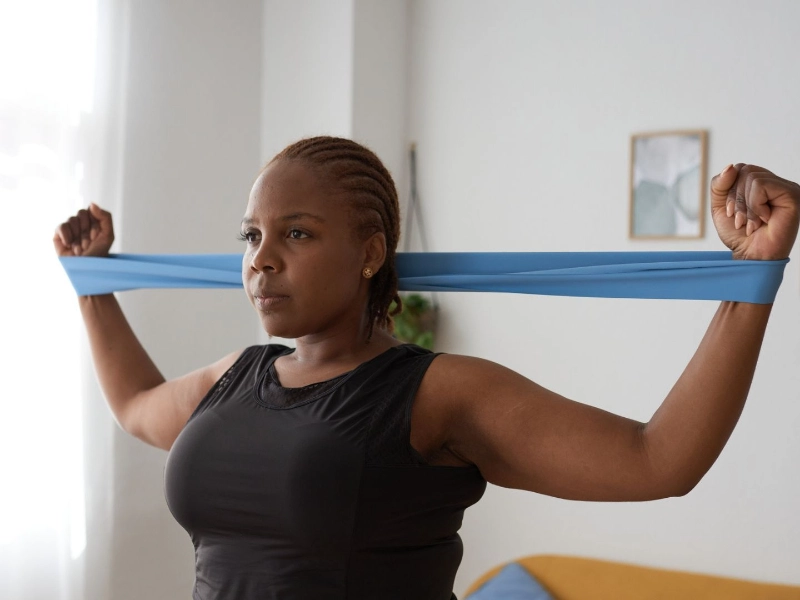 Portable, flexible training partners are resistance bands. They offer the same muscle-building advantages and are a reasonably priced substitute for costly workout equipment and gym memberships.
They also enable you to move in several planes of motion, therefore stimulating stabilising muscles and boosting balance and proprioception—critical elements in raising general athleticism and lowering injury risk. And whilst bands distribute their weight uniformly, shielding your body from joint-jarring movements, heavier weights can cause extra stress on joints.
Attach one end of resistance bands to a steady anchor point—such as a beam or doorknob. Holding the other end in your hands, Start in plank, for instance, then pull up on the band with your right hand while maintaining the straight down left arm. Repeated on both sides. Try a cuff around your wrist or ankle for more opposition. Side planks and tricep dips are two bodyweight workouts where these accessories can provide additional challenge or help.
Portable, flexible training partners are resistance bands. They offer the same muscle-building advantages and are a reasonably priced substitute for costly workout equipment and gym memberships.
They also enable you to move in several planes of motion, therefore stimulating stabilising muscles and boosting balance and proprioception—critical elements in raising general athleticism and lowering injury risk. And whilst bands distribute their weight uniformly, shielding your body from joint-jarring movements, heavier weights can cause extra stress on joints.
Attach one end of resistance bands to a steady anchor point—such as a beam or doorknob. Holding the other end in your hands, Start in plank, for instance, then pull up on the band with your right hand while maintaining the straight down left arm. Repeated on both sides. Try a cuff around your wrist or ankle for more opposition. Side planks and tricep dips are two bodyweight workouts where these accessories can provide additional challenge or help.
